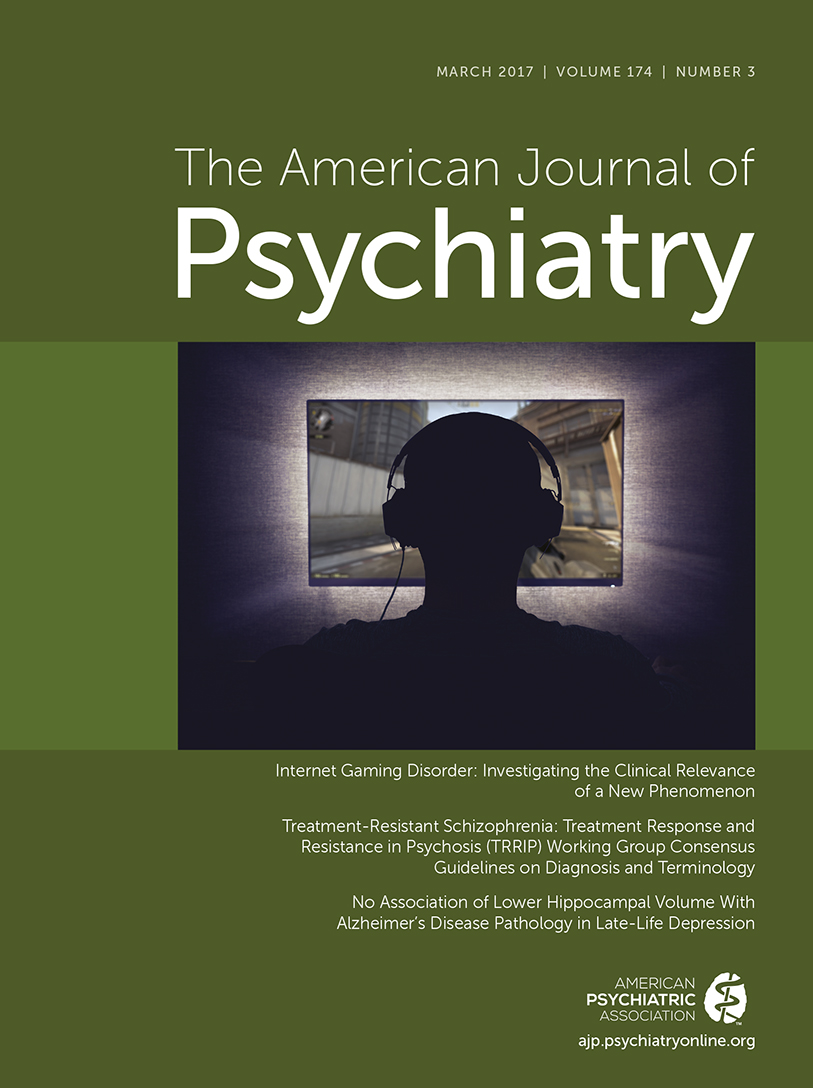Internet Gaming Disorder: Investigating the Clinical Relevance of a New Phenomenon
Abstract
Objective:
The American Psychiatric Association (APA) identified Internet gaming disorder as a new potential psychiatric disorder and has recognized that little is known about the prevalence, validity, or cross-cultural robustness of proposed Internet gaming disorder criteria. In response to this gap in our understanding, the present study, a first for this research topic, estimated the period prevalence of this new potential psychiatric disorder using APA guidance, examined the validity of its proposed indicators, evaluated reliability cross-culturally and across genders, compared it to gold-standard research on gambling addiction and problem gaming, and estimated its impact on physical, social, and mental health.
Method:
Four survey studies (N=18,932) with large international cohorts employed an open-science methodology wherein the analysis plans for confirmatory hypotheses were registered prior to data collection.
Results:
Among those who played games, more than 2 out of 3 did not report any symptoms of Internet gaming disorder, and findings showed that a very small proportion of the general population (between 0.3% and 1.0%) might qualify for a potential acute diagnosis of Internet gaming disorder. Comparison to gambling disorder revealed that Internet-based games may be significantly less addictive than gambling and similarly dysregulating as electronic games more generally.
Conclusions:
The evidence linking Internet gaming disorder to game engagement was strong, but links to physical, social, and mental health outcomes were decidedly mixed.



